"Putin is out of control..."
Russian President Vladimir Putin is in a difficult situation...
Saturday, 22.10.2022.
23:51
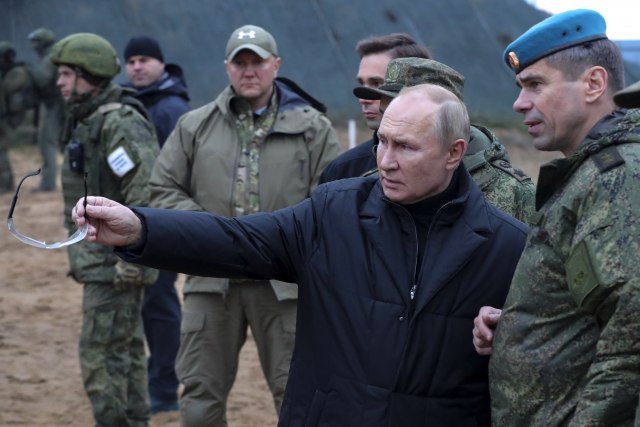
"Putin is out of control..."
This is how John E. Herbst, former U.S. Ambassador to Ukraine and Uzbekistan and senior director of the Eurasian Center of the Atlantic Council, evaluates the current situation in Moscow in a commentary for "National Interest".Nearly eight months after he launched an all-out invasion of Ukraine to topple the government of Ukrainian President Volodymyr Zelensky and establish political control in Kyiv, his government is now showing signs of strain.
That situation has been further exacerbated by his recent decisions to manage the political problems created in Russia by Ukraine's successful counter-offensive in the east and south. That counteroffensive began in early August, after Ukraine halted Moscow's military campaign aimed at Russian forces capturing the entire Donbass. Ukrainian forces have made great progress, retaking more of their territory by mid-September than the Kremlin had captured since April.
That Ukrainian success prompted some local officials across Russia to call on Putin to resign and led to sharp criticism of the war effort by ultranationalists, who insisted on escalating the war to victory. Those successes also drew criticism of Putin's Ukraine policy from an unlikely direction, namely from Putin's BRICS allies (the BRICS alliance that we know today consists of Brazil, Russia, India, China and South Africa), Chinese leader Xi Jinping and India's Narendra Modi at the Shanghai Cooperation Organization (SCO) summit in Samarkand.
Regime babbling
Putin began his invasion of Ukraine as a special military operation, not a war, precisely because he wanted to avoid conscripting Russians into the fight.He knew deep down that despite polls by the Levada Center, an independent Russian public opinion polling agency, showing the support of the vast majority of citizens for his war against Ukraine, the Russian people were not interested in participating in the fighting. In other words, they understood the Kremlin's insistence that the future of Ukraine is an existential issue for Russia as "babbling".
The Russian president hoped to change things by declaring "partial mobilization". However, this ploy failed as the mobilization panicked hundreds of thousands of able-bodied men, who began fleeing the country, sparked protests in about 50 cities and violent protests in Dagestan, where Moscow had already taken a disproportionately large number of recruits on the way to the Ukrainian battlefield.
Attacks on military commissions in about 20 cities and on officer recruitment were also recorded, and many reports were published on social media about ill-equipped new recruits who were left to fend for themselves in terms of basic life needs.
The situation has become so problematic for the Kremlin that high-ranking officials such as the President of the State Duma Vyacheslav Volodin, the President of the Federation Council Valentina Matviyenko and the head of the pro-Kremlin media Russia Today, ardent Kremlin propagandist Margarita Simonyan, criticized the implementation of the mobilization. It is a tried-and-tested tactic in Russia's "if the tsar were aware" system of governance, to protect the leader when his policies fail.
Putin hoped that the rattle of nuclear weapons would persuade the West, particularly the United States, to pressure Zelensky to halt a counteroffensive in areas recently claimed by Moscow. Earlier this year, such threats appeared to have worked, as senior officials in the administration of US President Joe Biden announced on several occasions that they would not take some perfectly reasonable steps to help Ukraine, such as allowing the delivery of MiG fighter jets or sending in longer-range artillery, to avoid provoking Moscow. But this time it didn't work - Biden issued a strong public and private warning to the Kremlin that the use of nuclear weapons - even low-yield tactical nukes - would have devastating consequences for Russia.
Putin responded to everything with three risky measures - "partial mobilization" to fill the military ranks in Ukraine, not at all convincing, for the West, illegal referendums in four Ukrainian regions that are only partially under Russian control, which quite predictably resulted in a vote in favor of joining Russia, their 'annexation' follows, and then there are less and less subtle warnings from senior Russian officials that, if the Ukrainian attacks continue, these territories will be defended with all the means available to the Kremlin, including nuclear weapons.
Appeasing the "hawks"
More importantly, the counteroffensive continues. On September 30, Putin took steps to formally annex the Ukrainian territories of Lugansk, Donetsk, Kherson and Zaporizhzhia, only to be embarrassed the next day when Ukraine recaptured the key logistics city of Liman in Donetsk Oblast. Since then, Ukrainian forces have continued to advance in the east and are close to capturing the entire right bank of the Dnieper River, near the strategically important city of Kherson.What's also bad for Putin – both strategically in Ukraine and politically at home – is that on October 8, Ukraine partially blew up the Crimean bridge across the Kerch Strait, which provides essential supplies for Russian forces in Crimea and the Kherson region.
utin has reacted strongly once again, to appease Russian "hawks" at home - launching a massive bombing campaign designed to kill civilians and destroy the country's infrastructure, especially its electricity grid.
While the campaign reportedly temporarily disabled 30 percent of Ukraine's electricity supply, it also prompted NATO to decide to send more sophisticated anti-aircraft systems to Kyiv, which it has previously denied. This will further strengthen Ukraine's military capacity and hinder Russia's ability to reverse its weak military situation.
Unsurprisingly, all this raised additional dust in Moscow. The regime's key people are already starting to position themselves to gain an advantage over each other. Currently, a blame game is being played at the highest levels for the new situation in order to explain Moscow's failures in Ukraine. The main targets are Defense Minister Sergei Shoigu, Chief of the General Staff Valery Gerasimov and Lieutenant General Alexander Lapin, commander of Russia's Central Military District.
The head of the Wagner Group, the infamous Russian mercenaries, Putin's friend Yevgeny Prigozhin, also known as "Putin's Chef", used his Telegram channels to launch a hunt for Shoigu and the two generals. But Shoigu also has something in return, which could explain why Alexei Slobodenyuk, who works for Prigozhin on media-related matters, was recently arrested. Meanwhile, Chechen strongman Ramzan Kadyrov allied with Prigozhin to attack Shoigu and the generals.
Serious cracks
Putin shrewdly stayed out of all this publicly, but gave Kadyrov a boost by promoting him to lieutenant general. What this means for Russian politics remains to be seen, but Kadyrov's recent actions when it comes to the war in Ukraine highlight the dilemma Putin faces. Kadyrov took a simple step, making world headlines by advocating the use of tactical nuclear bombs in Ukraine.However, at the same time, he noticed the political toxicity of mobilization, so he conveniently said that, when it comes to mobilization, Chechnya was also overrepresented on the Ukrainian battlefield. Namely, the war in Ukraine is not an existential issue for Kadyrov either, and he will not risk his position in Chechnya by publicly inviting more Chechens to fight in his neighbor's backyard, even though in the background his henchmen are trying to secure new military forces.
There have also been reports that some senior officials are confronting Putin directly over concerns about his failed policies in Ukraine. None of this necessarily means that Putin will soon be ousted from power. The West does not have enough information about the power dynamics in Russia. But serious cracks are appearing in the wall of Putin's regime, and this is clearly the most uncertain period of his era of rule. Russian history teaches that losing wars was not good for monarchs or authoritarian leaders and often led to liberal changes, at least for a while – as happened in 1905, 1917 and 1989.
Vladimir Putin is hoping to avoid defeat in Ukraine and such a fate by increasingly threatening to use nuclear weapons if Kyiv does not end its counteroffensive in recently annexed areas of Ukraine that the Kremlin does not fully control. As long as the West strongly opposes this dubious threat and continues to supply Ukraine with the weapons it needs to repel Kremlin aggression, the Russian leadership will have no alternative but to abandon its imperial plans for Ukraine and its other neighbors, Herbst concludes.










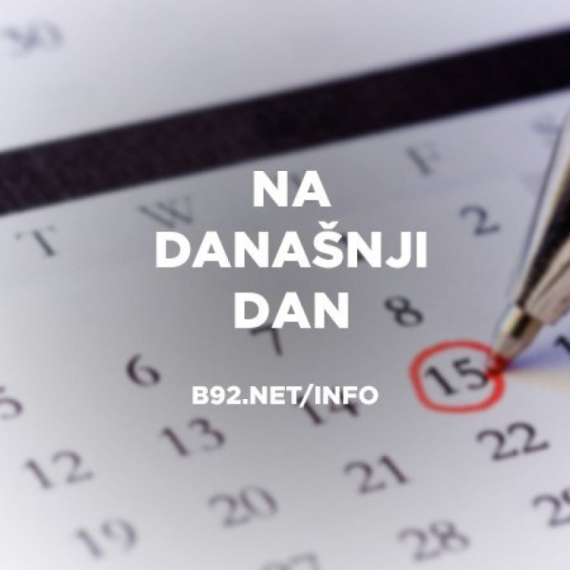

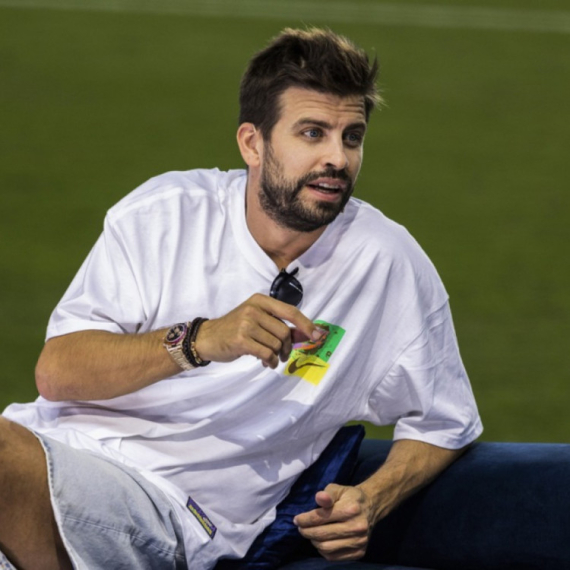
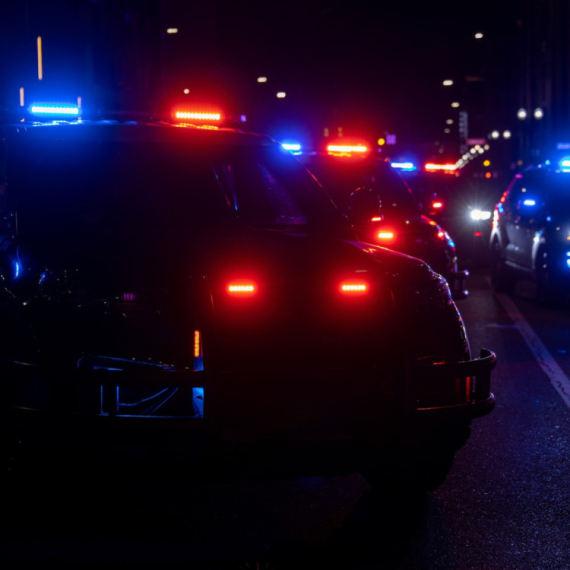
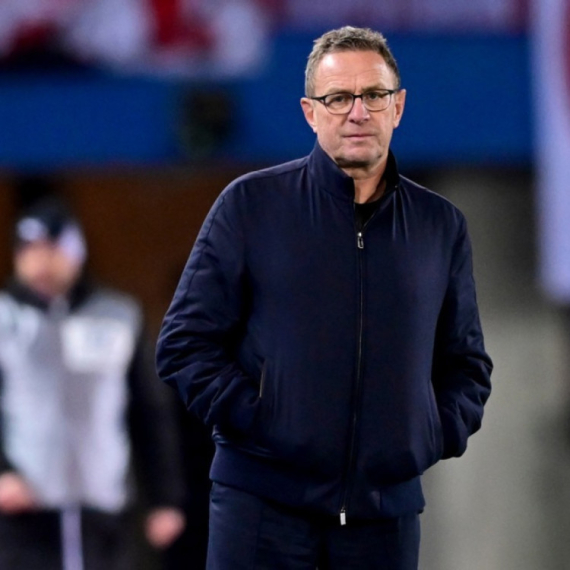
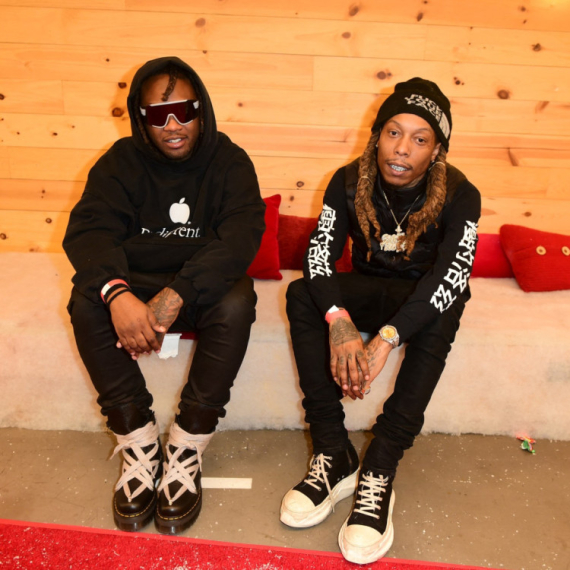
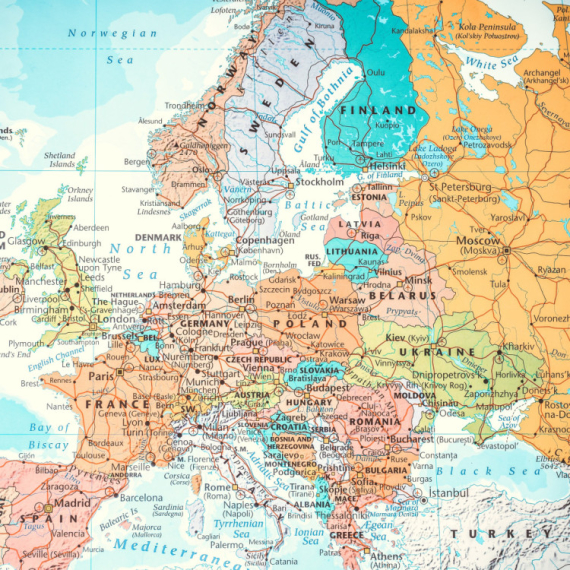
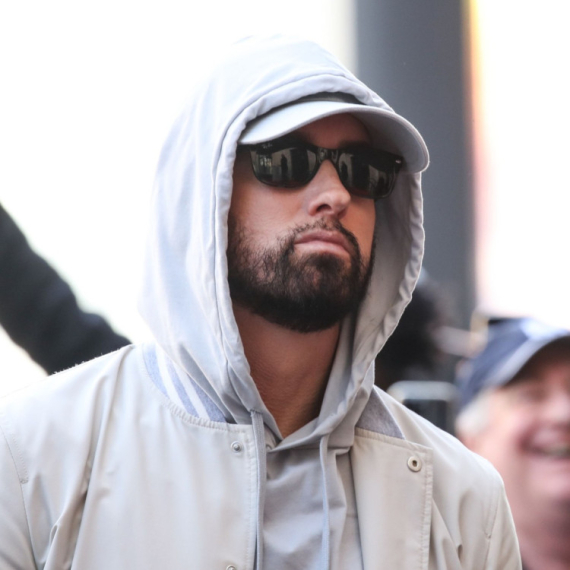
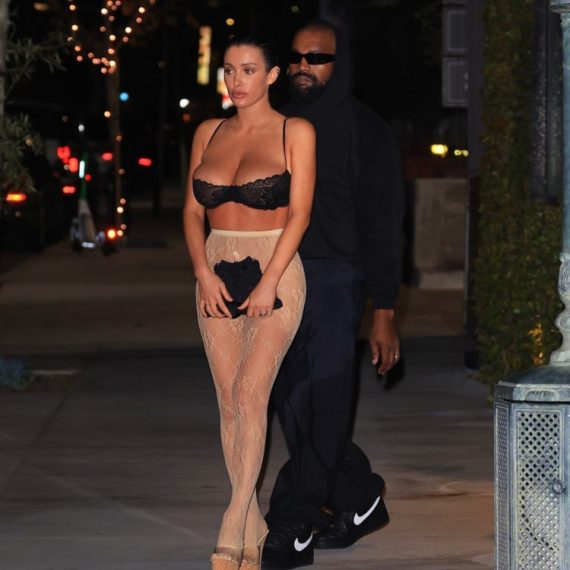



























Komentari 5
Pogledaj komentare